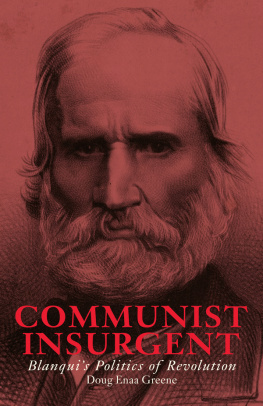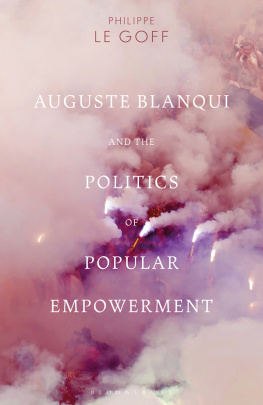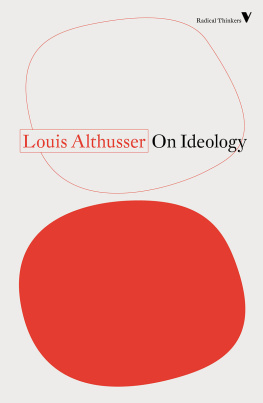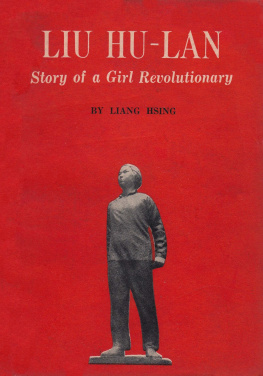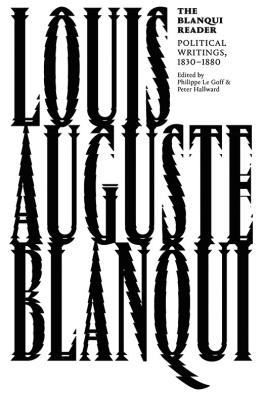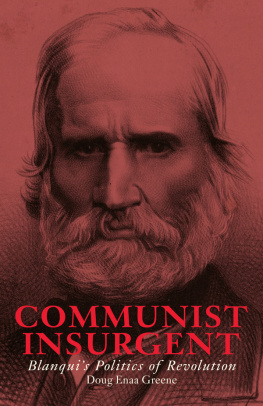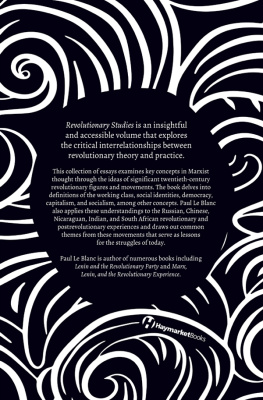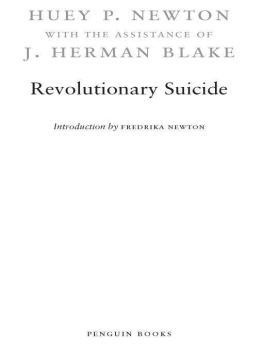Greene - Communist Insurgent
Here you can read online Greene - Communist Insurgent full text of the book (entire story) in english for free. Download pdf and epub, get meaning, cover and reviews about this ebook. year: 2017, publisher: Perseus Books, LLC, genre: Politics. Description of the work, (preface) as well as reviews are available. Best literature library LitArk.com created for fans of good reading and offers a wide selection of genres:
Romance novel
Science fiction
Adventure
Detective
Science
History
Home and family
Prose
Art
Politics
Computer
Non-fiction
Religion
Business
Children
Humor
Choose a favorite category and find really read worthwhile books. Enjoy immersion in the world of imagination, feel the emotions of the characters or learn something new for yourself, make an fascinating discovery.
Communist Insurgent: summary, description and annotation
We offer to read an annotation, description, summary or preface (depends on what the author of the book "Communist Insurgent" wrote himself). If you haven't found the necessary information about the book — write in the comments, we will try to find it.
Greene: author's other books
Who wrote Communist Insurgent? Find out the surname, the name of the author of the book and a list of all author's works by series.
Communist Insurgent — read online for free the complete book (whole text) full work
Below is the text of the book, divided by pages. System saving the place of the last page read, allows you to conveniently read the book "Communist Insurgent" online for free, without having to search again every time where you left off. Put a bookmark, and you can go to the page where you finished reading at any time.
Font size:
Interval:
Bookmark:
INSURGENT
INSURGENT
Blanquis Politics of Revolution
Doug Enaa Greene

2017 Doug Enaa Greene
Published in 2017 by
Haymarket Books
P.O. Box 180165
Chicago, IL 60618
773-583-7884
www.haymarketbooks.org
ISBN: 978-1-60846-888-1
Trade distribution:
In the US, Consortium Book Sales and Distribution, www.cbsd.com
In Canada, Publishers Group Canada, www.pgcbooks.ca
In the UK, Turnaround Publisher Services, www.turnaround-uk.com
All other countries, Ingram Publisher Services International,
This book was published with the generous support of Lannan
Foundation and Wallace Action Fund.
Library of Congress Cataloging-in-Publication data is available.
To my grandmother, for her unwavering support
and her willingness to always listen to me
To Isla, my little buddy
I didnt realize how collective writing a book was until I started this one. In the process of exploring the life and times of Louis-Auguste Blanqui, I have made many new friends and comrades. I also depended on the work of many others as I researched the life of LEnferm. I want to thank Mitchell Abidor, whose translations of Blanqui at the Marxists Internet Archive were my obvious starting point. I would also like to thank Ian Birchall, Boyd Nielson, and Gary Leupp for reading early drafts of my book and offering feedback. Peter Hallward and Philippe Le Goffs invaluable work creating the Blanqui Archive at Kingston University has made researching Blanqui much easier and contributed to a stronger book on my part. Thank you to Paul DAmato for reading my first draft and sending me some sharp edits. This helped me far more than you know. Thanks to John MacDonald over at Haymarket for always being friendly answering all my questions. Finally, I owe a debt of gratitude to Richard Seymour for first putting me in contact with Haymarket and starting this whole process.
The following comrades and friends have also been constant sources of support. Forgive me if I miss anyone since there are so many of you: Amy Banelis, Jeffrey Baker, Francesca Gomes, Jennifer Harvey, Julia Pitt, Chris Persampieri, Joe Ramsey, and Fanshen Wong. To Ian Horst, when I say that you have a Blanquist heart, I mean it with the highest praise. Andrew and Christine Shelton, you are the best friends Ive ever had. I especially want to thank Harrison Fluss and Sam Miller, who are not only wonderful friends but also principled revolutionaries.
I owe a special debt to the following members of my family: my mother and grandmother for their tireless support. I want to thank Jocelyn and Mark for letting me stay with them when I was in London. To Danny and Lauren, I hope when you read this, youll finally understand why this project consumed me.
We all know what it really amounts to, this freedom that pleads against communismit is the freedom to enslave, the freedom to exploit at will, the freedom of the great and the good with the multitude as their stepping stone. This form of freedom is something that the people call oppression and crime. They no longer want to nourish it with their flesh and blood.
Louis-Auguste Blanqui
Louis-Auguste Blanqui (18051881) was arguably the greatest French revolutionary and communist of the nineteenth century. His name stood for Jacobinism, republicanism, radical atheism, street fighting, barricades, insurrection, conspiracies, socialism, and communism. Over the course of his long life, Blanqui lived under six different French regimestwo empires, two republics, and two monarchies. He was the veteran of three revolutions and the organizer of a half-dozen abortive coup attempts. The price of Blanquis revolutionary commitment was half a lifetime in prison enduring torture, disease, and deprivation. Blanquis health was broken by these ordeals, and he was left for dead. Still, Blanqui survived every incarceration and emerged from the dungeons, refusing to compromise his mission of overthrowing capitalism.
Blanqui was born in the aftermath of the French Revolution and had to grapple with its unfulfilled promises of libert, galit, fraternit. The French Revolution had enabled the expansion of capitalism, but for the workers it had not solved the problem of inequality and privilege. Blanqui was not indifferent to these questions. He came to believe that in order to liberate the workers and end capitalism, Jacobinism and other traditions born of 1789 were not enough. Socialism was the true heir to the French Revolution, and it alone took the side of the workers and was the solution of an enlightened and egalitarian society.
The speculation on how to organize a classless society that preoccupied the utopians of Blanquis day did not interest him. He did not consider socialism to be a theoretical question but a practical one. The future society could only emerge after the overthrow of the old one by a revolution. To that end, Blanqui saw revolution as something that needed to be consciously planned, organized, and carried out through the force of arms.
Since open agitation was impossible in France during most of Blanquis life, the only available recourse for revolutionaries was to go underground. His strategy was to organize a tightly disciplined secret society composed of virtuous revolutionaries trained in street-fighting and insurrectionary tactics. On an appointed day, this conspiracy would seize political power in Paris and, by extension, across France. Once the insurgents had power, they would create a revolutionary dictatorship that would rule on behalf of the people. This dictatorship would accomplish two things: defend the poor against the rich and educate the people in republican and socialist values. After these twin tasks were completed, the dictatorship would give way to the rule of the people and communism.
Even though Blanquis conception of revolution was largely a technical question, the mass participation of the workers in 1848 and 1871 came about in spite of him. Blanqui misjudged the situation in prison during both those upheavals. In the end, Blanquis efforts failed. Despite his eclectic theories, elitism, and failures, we should not simply ignore or dismiss Blanqui. He took the side of the workers in the great revolutions of the nineteenth century and warned them against trusting false friends, such as reformist socialists or neo-Jacobins. Blanquis warnings were correct, and the moderates betrayed the cause of the working class.
Blanqui recognized that the violent seizure of power was the only way to overthrow capitalism and begin the transition to communism. Blanquis conspiratorial strategy may have been a failure, but in treating insurrection and revolution as an art, he seriously posed the right questions that those after him, such as Lenin and Trotsky, would have to deal with: How can an insurrection be organized? What tactics are needed for an insurrection to succeed? Who are the enemies of the workers that need to be dealt with? Who should benefit from a socialist revolution? What conditions comprise a revolutionary situation? Lastly, Blanqui earned his revolutionary prestige through a lifetime of staying true to his principles despite all the suffering he endured. He remains to this very day an example of courage and commitment. For all these reasons, it is worth looking anew at the life and thoughts of Louis-Auguste Blanqui.
The first reference point for Blanquis life was the impact of the struggles and ideas produced by the French Revolution of 1789. The French Revolution had changed the nature of class struggle and politics. Its experience had shown that ordinary working people could be mobilized to fight against the power of monarchs and aristocrats.
Font size:
Interval:
Bookmark:
Similar books «Communist Insurgent»
Look at similar books to Communist Insurgent. We have selected literature similar in name and meaning in the hope of providing readers with more options to find new, interesting, not yet read works.
Discussion, reviews of the book Communist Insurgent and just readers' own opinions. Leave your comments, write what you think about the work, its meaning or the main characters. Specify what exactly you liked and what you didn't like, and why you think so.

